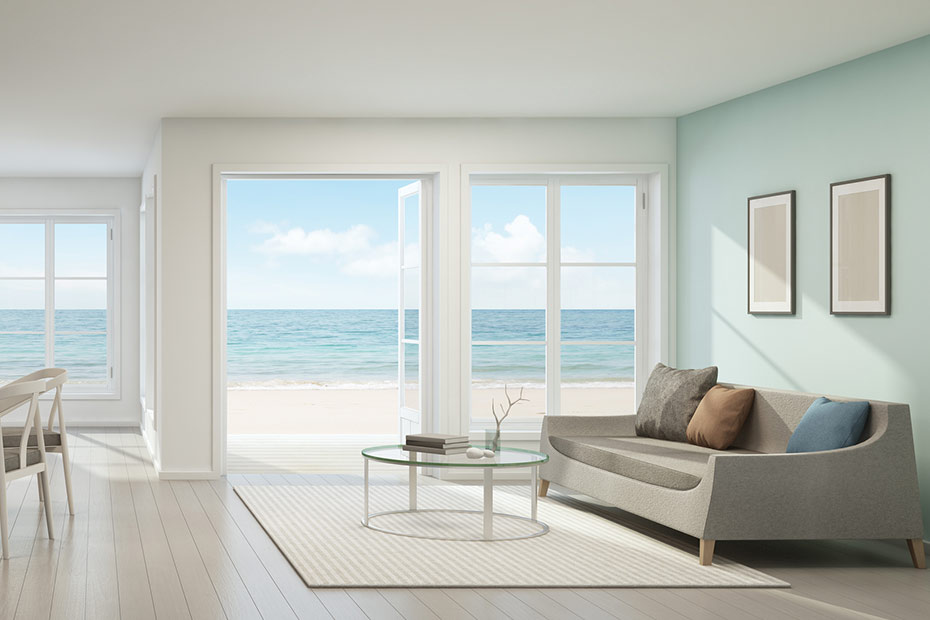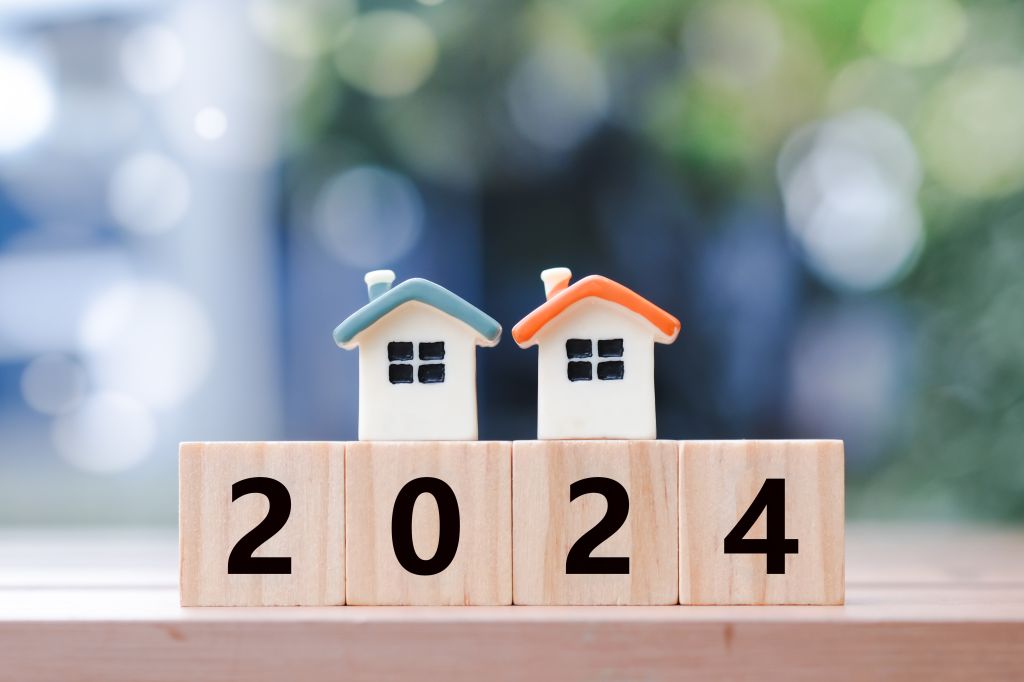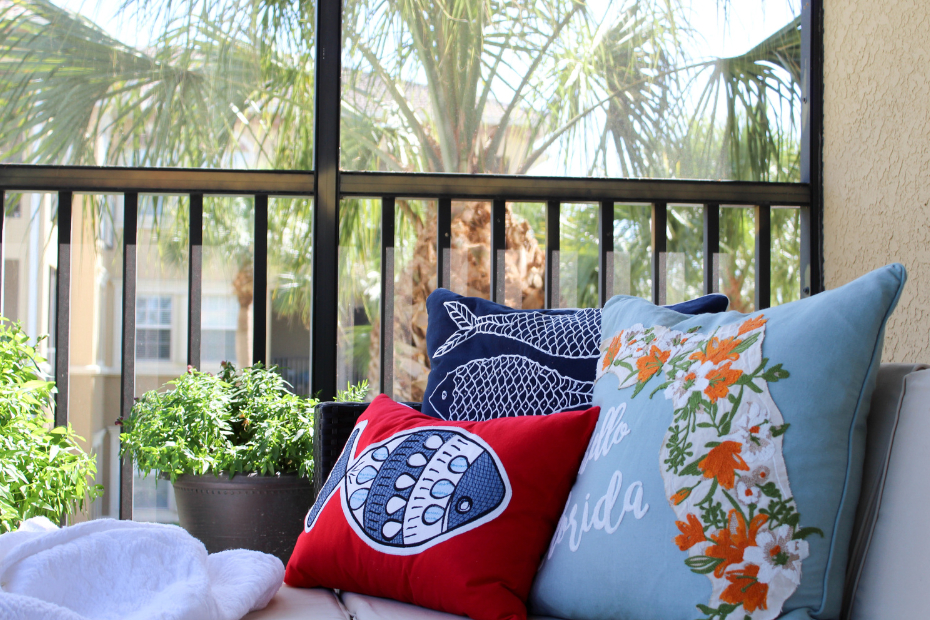Published May 21, 2021 • 5 Min Read
Buying New
When you buy new construction, you get to move into a never–lived–in–before home with the latest appliances and modern finishes.
-
Customization. If you purchase pre-construction you have the opportunity to customize your home. Choosing the colours, countertops, cabinets and flooring that reflect your personal tastes can help you create a home that’s uniquely yours. Depending on the development, you can even select your lot.
-
Flexibility. Want to move an outlet from one wall to another, change the colour of your cabinets or install hardwood versus carpeting? With a new build, you may have the flexibility to make changes before construction.
-
No wear and tear. With new construction, you know the appliances have never been used, and the air conditioning, windows and roof are all brand new. That means you’re likely years away from having to think about replacing anything major.
-
Safety. New homes are compliant with the most recent construction codes, including up–to–date wiring, hard-wired smoke and carbon monoxide detectors and fire-resistant carpeting and insulation.
Buying or Constructing a New Home – What to Consider
-
Research your builder, Before you buy, examine the financial strength and reputation of the company building your home. Make sure they’re reputable and live up to their commitments. Be aware of any clauses or penalties built into construction financing terms for delayed projects.
-
Prepare for delays. Delays in new construction are common, so be prepared. Have a back–up plan, be tolerant and hold off on making plans to stay at your Caribbean home before the closing date is set in stone.
-
Manage your upgrades. There usually are lots of optional upgrades you can choose to enhance your home. Make a list of your priorities and evaluate them against your budget.
-
Inspect, inspect, inspect. When you buy a new build, you have opportunities to go through the home at different stages of construction. Work with a licensed home inspector and take make note of defects and imperfections to make the builder aware of them. It’s wise to engage a licensed surveyor to complete inspection of each stage of the project and confirm approval to proceed to the next stage of construction
Buying Resale
For many buyers, a resale home is preferable. Usually, you’re buying in an established neighbourhood, which can come with mature trees, community services and local shops and restaurants. Buying an existing home also means you’re buying a home with history — you can find out the average cost of utilities, maintenance, condo fees, etc.
-
Location. Have a specific neighbourhood in mind? Looking at resale homes instead of new construction may increase your chance of finding a home in that community.
-
You’ll know if it feels like home. Buying an existing home means you can walk through its rooms, look through the windows and get a real feel for the place before you buy. In other words, you can see what you’re getting.
-
Move-in ready. Unless you’re doing a major renovation, buying an existing property usually means it’s ready for occupancy once the deal closes. No guesswork or waiting around.
Considerations for Buying a Resale Home
-
An inspection is critical. Whether you’re buying a home that’s just a few years old or has been around for decades, inspect the key elements of the home — the foundation, major systems, water pressure, windows and doors, etc. Termite inspections are typically optional, but if your new home is in an area prone to them, it’s money well-spent.
-
Get all the answers. One of the pros of buying an existing home is that it has a history — so this is your chance to get all the answers you can from the previous owners and your agent. How much does it cost to cool? What are the neighbours like? Has there ever been any water damage?
-
Make sure it fits your lifestyle. It’s not always easy to tear down walls, remodel a kitchen or replace flooring — consider the costs and feasibility of major changes and make sure the home suits your needs in case certain renovations can’t be made.
Protecting your vacation home
Whether you are buying a new or re-sale home, ensure it’s properly storm proofed. For a new build, this should be part of the inspection. For a re-sale, consider the cost to storm-proof your house if it isn’t already. Are there upgrades to the roof and windows that need to be done in order to protect the property during hurricane season? Consider when you might need to refurbish or replace major items to ensure your home is protected. You may want to try to negotiate these upcoming repairs into the sale price.
Understanding the options available when searching for a vacation property in the Caribbean can help you choose the home that best meets your needs and expectations. The more planning and consideration you give ahead of time, the easier it will be to relax and enjoy your new home.
Find out how RBC can support you on your journey to vacation home ownership in the Caribbean.
This article is intended as general information only and is not to be relied upon as constituting legal, financial or other professional advice. A professional advisor should be consulted regarding your specific situation. Information presented is believed to be factual and up-to-date but we do not guarantee its accuracy and it should not be regarded as a complete analysis of the subjects discussed. All expressions of opinion reflect the judgment of the authors as of the date of publication and are subject to change. No endorsement of any third parties or their advice, opinions, information, products or services is expressly given or implied by Royal Bank of Canada or any of its affiliates.
Share This Article






